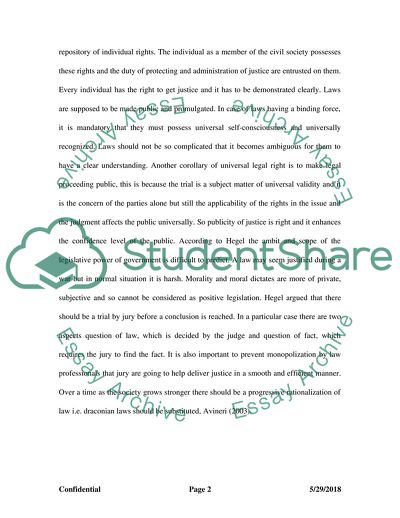Cite this document
(Relationship between the Individual and the State in Hegels Historical Term Paper, n.d.)
Relationship between the Individual and the State in Hegels Historical Term Paper. Retrieved from https://studentshare.org/law/1730687-jurisprudence-law-2
Relationship between the Individual and the State in Hegels Historical Term Paper. Retrieved from https://studentshare.org/law/1730687-jurisprudence-law-2
(Relationship Between the Individual and the State in Hegels Historical Term Paper)
Relationship Between the Individual and the State in Hegels Historical Term Paper. https://studentshare.org/law/1730687-jurisprudence-law-2.
Relationship Between the Individual and the State in Hegels Historical Term Paper. https://studentshare.org/law/1730687-jurisprudence-law-2.
“Relationship Between the Individual and the State in Hegels Historical Term Paper”. https://studentshare.org/law/1730687-jurisprudence-law-2.


